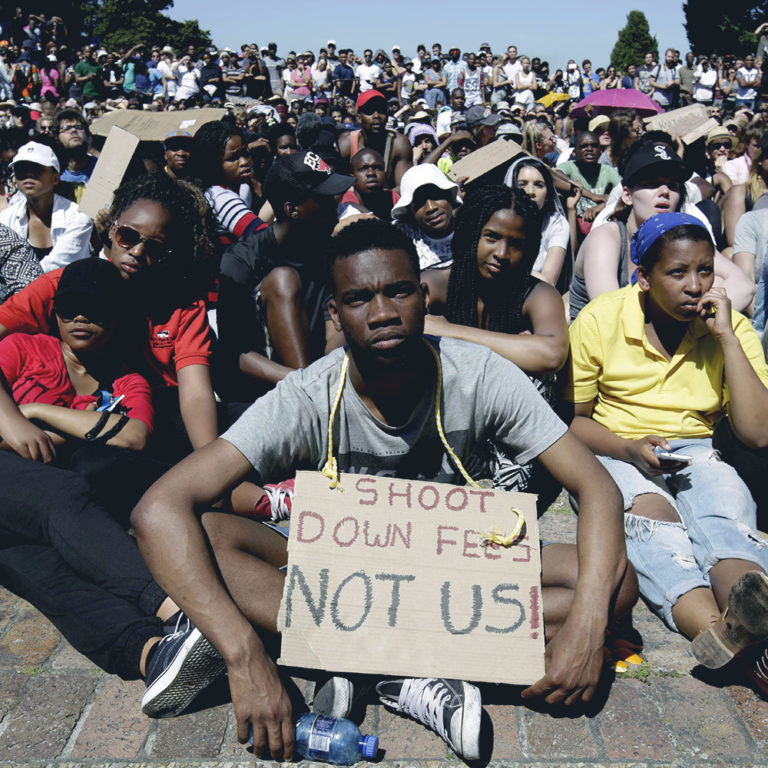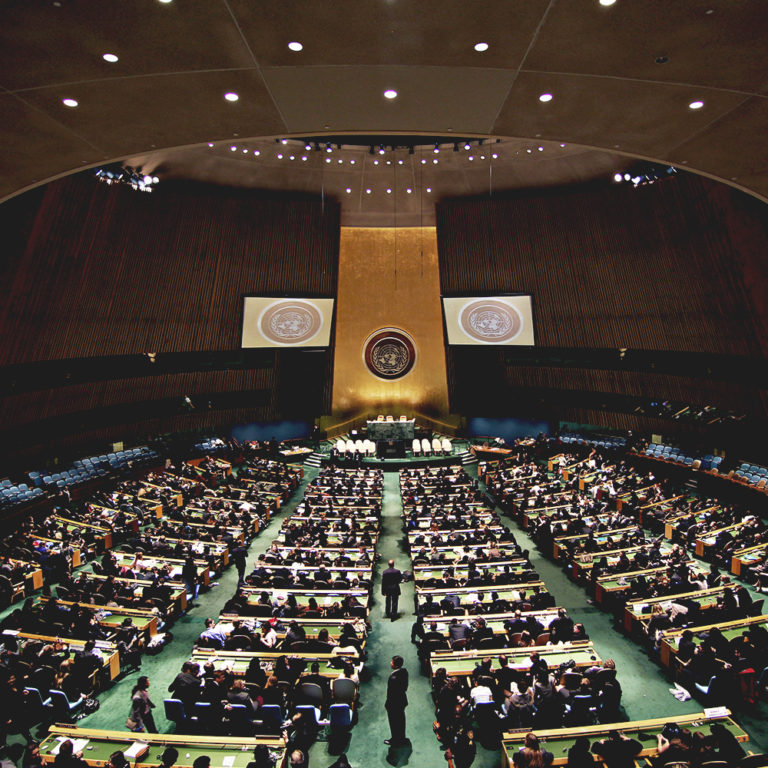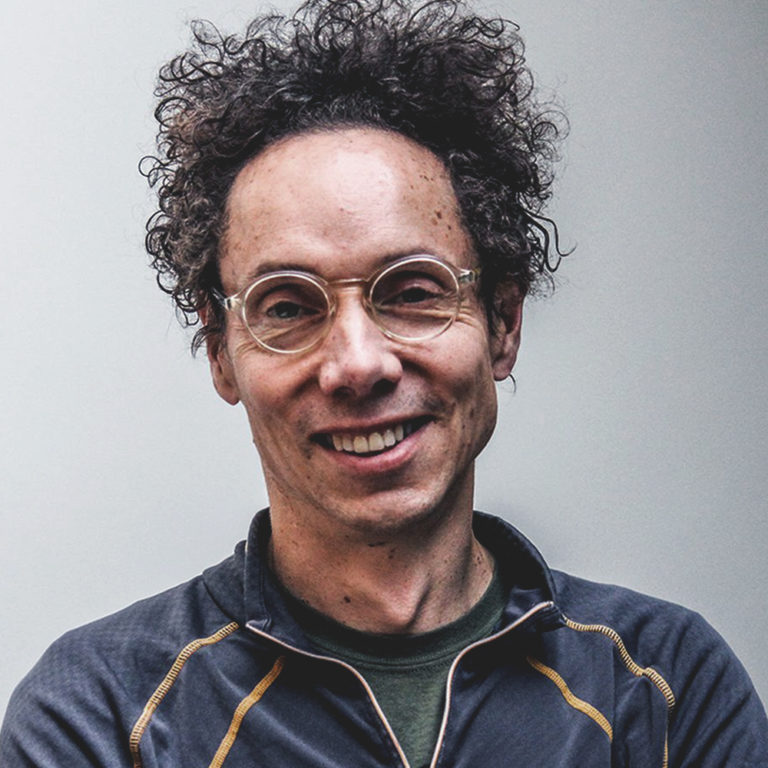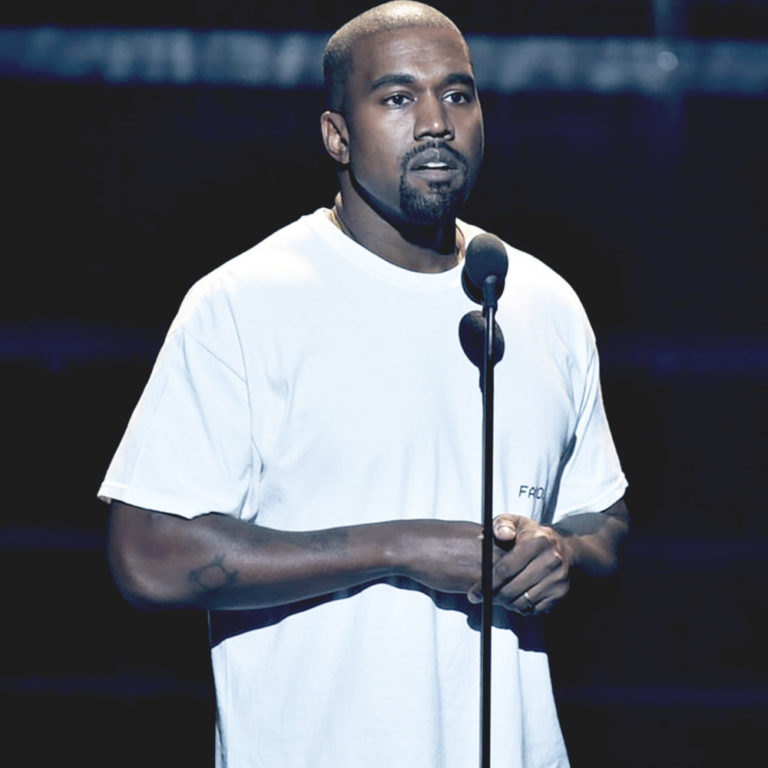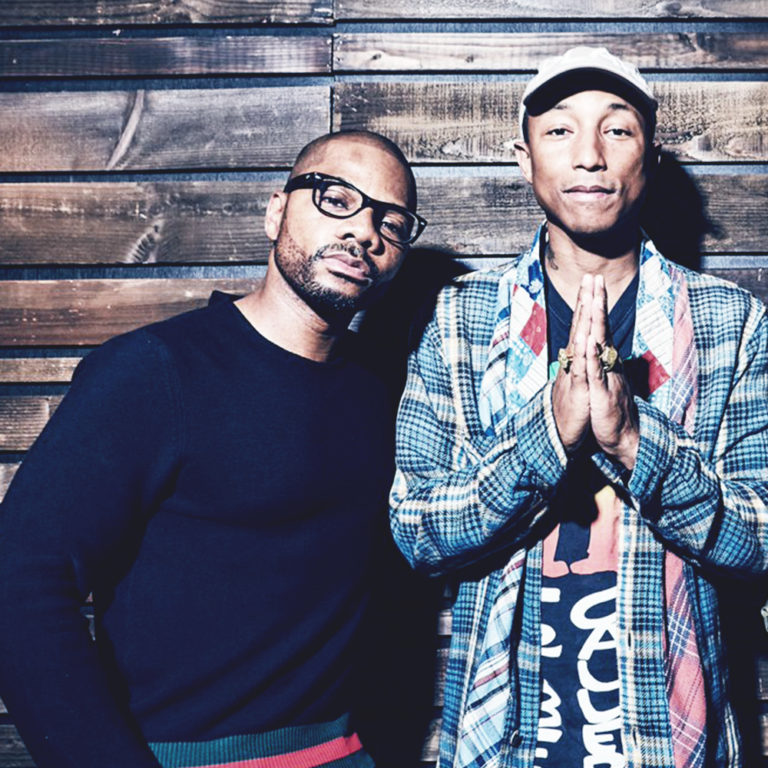This is the single most critical question behind the current university student protests across South Africa.
Approximately this time last year, students took to the streets, Parliament, university halls, and administration blocks, to air their views in what has become known as the #FeesMustFall movement.
At the time, the protests culminated in a massive show of force outside Pretoria’s Union Buildings – the President’s front door – demanding free education, now!
After weeks of disruptions across university campuses, government capitulated to political pressure, and announced a 0% increase (there cannot be a zero percent increase, but that’s for another day). The point is – there was a freeze on all fee increments until further notice.
While that brought some relief in some quarters, it was only an interim measure.
No one wanted any more teargas or wounded students as a result of clashes with police and private security.
But it seems this issue is “not just going to go away” – understandably.
We could discuss the root of the problem at great length, from varying perspectives, but that will only get us so far.
This week, the minister of Higher Education, Blade Nzimande, announced that universities would be allowed to increase fees as they see fit, as long it was not more than 8%.
He argued that the South African government would foot the bill for those students who were too poor to pay and for the “missing middle” – those who did not qualify for a subsidy, but could not afford to pay for themselves.
This effectively means only those people who are already paying for their own fees would be affected by the increase. Effectively, it was another “0% increase” – for the second year in a row.
But university students are having none of this.
As a I write this, a group of 31 students from Wits University had been arrested (and subsequently released); students from the UKZN, in Durban and Pietermaritzburg had been injured after clashing with the police, buildings had been torched at Fort Hare in the Eastern Cape, and classes and libraries had been shut down at UCT in the Western Cape.
Students have opted for a violent approach to their demand for free education, now!
The question is: to what end?
Economically, it doesn’t make sense. Or to put it better, no one can afford to pay for the free education – not yet, at least.
That is the sad reality.
Running universities costs a great deal of money.
Apart from the teaching, sports, and residential facilities offered, one has to consider the research, publishing, and infrastructure upkeep and salaries, among other things.
These all come with a price tag.
And in order to maintain the academic quality at institutions, which includes retaining professors and lecturers with years of experience and a wealth of knowledge, there must incentive.
Again, this comes with a price tag.
So, the question is if we are going to burn, beat up, threaten and intimidate anyone who shares a different view to the “cause” – what purpose does it serve and what is this about? Furthermore, who is behind this?
Some reports have indicated that some of those at the forefront of the violence are people who are not even students. Do they represent the majority of those on tens of our campuses? And how?
If government has offered to foot the bill for the poor, why is the violence necessary?
And if those who can afford to pay are committed to doing so – what is the purpose behind the current violence?
The Constitution of South Africa protects everyone’s right to march or protest – but it doesn’t give the authority to infringe on another’s rights in the name of your own cause.
In this instance, one has to ask: have the students actually engaged with the Minster’s communication?
Realising the dream of free education (for the poor) is possible, but it requires economic empowerment. And that means those that are on campus need to get their education, leave, and then contribute to the economy. This alleviates the burden on the state – leaving enough margin to fund education, health, and other services.
But it is no quick fix.
In a county like South Africa, and many others, the socio-economic challenges are vast – rooted in tragic history. And undoing the work of centuries of tragedy is not going to be a two-decade-long process – we must admit that.
But what we cannot do, is destroy what we already have – otherwise we take a hundred steps back and do no favours for those coming after us.
Violent protest? To what end?

